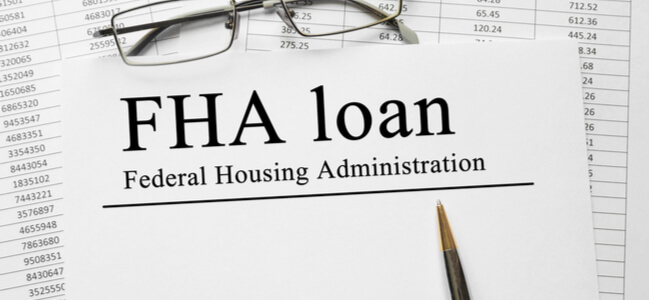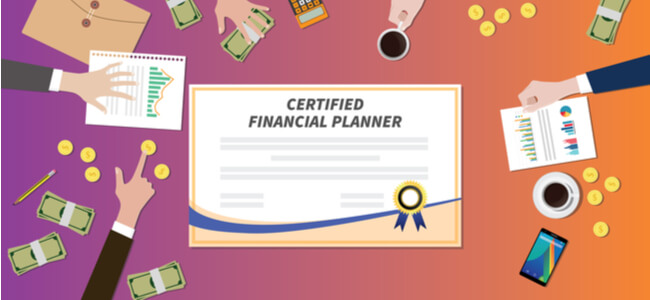How Does A Down Payment Work On A Loan?

When you’re ready to purchase your home or car, you’ll most likely need to make a down payment. This part of the buying process is typical when getting an installment loan. The amount of this payment will ultimately depend on the lender.
Let’s delve a little deeper into what these payments are and learn what they entail.
What Is The Meaning Of Down Payment?
A down payment is a sum of money that you must provide upfront when applying for a loan to make a major purchase, such as a vehicle or home. This money comes from your personal funds and is paid with a check, electronic cash transfer, or a credit card. The amount is based on a percentage of the total purchase price of the item you’re buying.
What Are The Advantages of Making A Down Payment?
You might see “0% down” or “no down payment” advertisements throughout the year, but it’s actually to your advantage to make this upfront payment.
- You reduce the total amount you need to borrow. The balance is then paid off in an installment loan over time
- It counts as equity in the asset you’re purchasing. For instance, if you put down 10% on a new car, you automatically have 10% equity in the automobile, even though you’re still paying for it
- You improve your loan terms. You’ll pay less interest over the life of your loan, which results in lower monthly payments. This means that you can pay off the loan much sooner
- It improves your bargaining power. When buying a car, for instance, if you offer to make a substantial upfront payment, you might get the dealer to come down on the price
The Pros Of Making A Big Down Payment
The amount of your upfront payment is usually a percentage of the total amount you’re borrowing. However, there are reasons that you might want to make an upfront payment that's larger than this expected percentage.
- You lower your monthly payments. The monthly payment will be less of a burden on your budget. Should you need to make other purchases or your life circumstances change, you’ll have a better chance of having the funds to cover it
- You can get a better interest rate. Making a large payment upfront reduces your credit risk. Lenders are amenable to offering you a lower interest rate
- You improve your ability to access favorable financing in the future. Offering a large amount of money upfront shows lenders that you have the cash flow to meet your obligations
- Your car is still worth the payments. If you commit with a small amount upfront, it’ll take longer to pay off the loan. In addition to this, you could end up paying for a vehicle that’s not worth the payments. This is because cars depreciate at a rapid rate. In just one year, your vehicle could lose 20% of its value
When Should You Make A Small Down Payment?
There are times when making a small payment upfront is advantageous.
- You keep more money in your accounts. Usually, the money for a down payment would come from a person’s savings. A small upfront payment means that you can have more cash available to cover emergencies, save for retirement, invest into your business, and so on
- You can buy sooner. There might not be enough time to save up to make a big payment. By making a smaller payment, you can get into the housing market sooner
- Pay off other debt. Paying off any high-interest debt should be your priority. Paying less than the usual 20% upfront payment frees up funds that you can then use toward more demanding arrears
What Are Common Down Payment Requirements?
Lenders might advertise no down payment loans. Although, it’s possible that you may need a reliable credit score and borrowing history to qualify for such loans.
The amount of money needed upfront depends on the lender and type of loan.
- Auto loans. Typically, the payment required is 5-10%, but some dealers will take less or waive the required requirement altogether
- A standard home mortgage usually needs an upfront payment of 20%, eliminating the need for you to pay PMI (private mortgage insurance). The remaining 80% of your total loan cost is paid in installments over the next 25-30 years. FHA loans are available with only 3.5% down. Some FHA and Veteran’s Administration loans can be secured with no prior payment at all. You’ll still need to pay insurance and PMI reimburses the lender if you default
- Cash or equivalent. You’ll be required to make the upfront payment in cash, bank check, or wire transfer. The bottom line is that your payment needs to be liquid, not a check that may not clear
Bottom line
A down payment empowers you when you’re ready to make a major purchase, like buying a home. When lenders see that you have available funds to put down, they know that you’re financially responsible. Therefore, you can negotiate and get a better sale price and loan terms. If you can handle the withdrawal from your savings account, making this payment on your loan is an excellent way to save money and improve your purchasing power.
Now that you know what a down payment in a loan is, you can make better decisions toward living a financially stable life.



